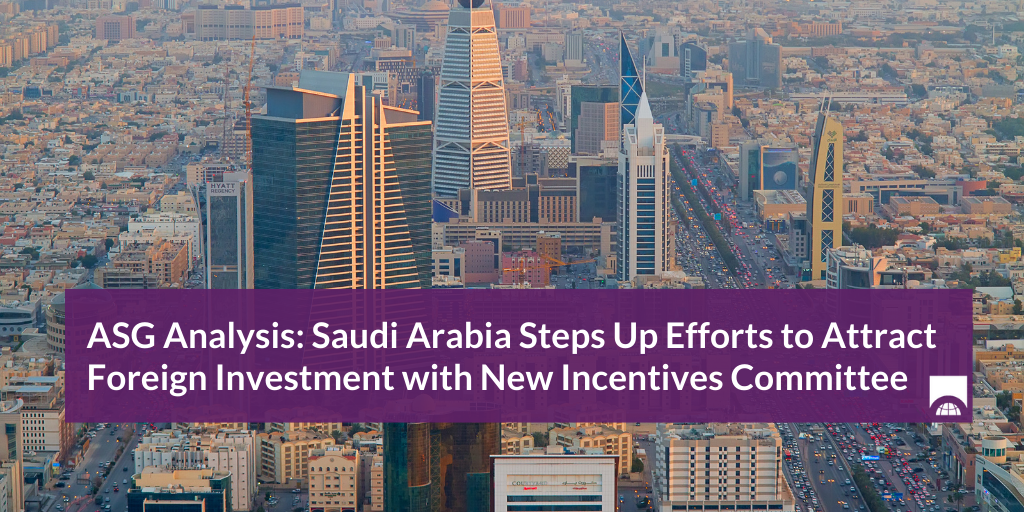Saudi Arabia's efforts to diversify its economy appear to be paying off, as the country witnessed a rise in net foreign direct investment (FDI) during the first quarter of 2024. According to data released by the General Authority for Statistics, net FDI inflows reached 9. 5 billion Saudi riyals ($2. 53 billion), reflecting a 5. 6% increase compared to the same period in 2023.
This growth is attributed to two key factors:a slight increase in FDI inflows and a decrease in outflows. FDI inflows for the first three months of 2024 amounted to around 17 billion riyals, representing a modest 0. 6% rise from the previous year. This indicates a sustained level of confidence among foreign investors in the Saudi market.
More significantly, FDI outflows during the first quarter witnessed a decline of 5. 1%, totaling about 7. 5 billion riyals. This decrease suggests a stronger retention of foreign capital within the Kingdom. This trend aligns with Saudi Arabia's Vision 2030, a strategic framework that aims to reduce dependence on oil revenue and attract foreign investment into various sectors.
The rise in net FDI is a positive sign for the Saudi economy. Foreign investment plays a crucial role in driving economic growth by creating jobs, transferring technology, and fostering innovation. The Saudi government has implemented several initiatives to improve the business environment and attract foreign investors. These include simplifying regulations, investing in infrastructure development, and establishing special economic zones.
The increase in FDI is particularly noteworthy in certain sectors. The manufacturing and tourism industries have seen a surge in foreign investment, reflecting the government's focus on these areas as part of its diversification strategy. Additionally, the financial services sector has also attracted significant foreign capital, highlighting growing confidence in the stability and potential of the Saudi Arabian financial market.
While the first quarter results are encouraging, challenges remain. Geopolitical tensions in the region and fluctuating oil prices continue to pose risks to the Saudi economy. However, the government's commitment to economic reforms and its focus on attracting foreign investment suggest that Saudi Arabia is well-positioned to overcome these challenges and achieve its long-term economic goals.

